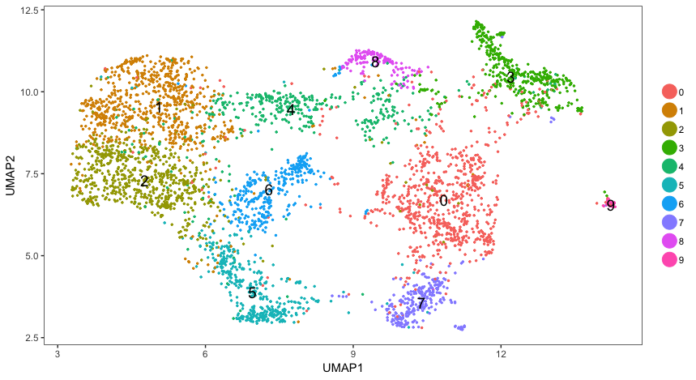Maps have been an vital part of human civilization due to the fact historical instances. They serve as imperative tools for navigation, exploration, and understanding geographic features. In this comprehensive guide, we’ll delve into the fascinating world of maps, exploring their importance, evolution, and myriad applications.
Exploring the Essence of Maps
Maps are greater than simply visible representations of geographical regions. They encapsulate a wealth of statistics, from topographical features to cultural landmarks. At their center, maps offer a spatial context that facilitates us navigate and recognize the sector around us.
The Evolution of Mapping
From crude sketches on cave walls to intricately precise digital renderings, the evolution of maps mirrors the advancement of human civilization. Early maps served generally as navigational aids, guiding travelers across land and sea. Over time, cartographers subtle their strategies, incorporating mathematical principles and scientific observations to create more and more correct representations of the Earth’s floor.
Mapping Technologies: Past, Present, and Future
Advancements in era have revolutionized the sphere of cartography. The invention of the printing press enabled the mass production of maps, making them more handy to the overall public. In the modern era, Geographic Information Systems (GIS) and satellite imagery have ushered in a new technology of precision mapping, taking into account real-time updates and exact spatial analysis. Looking in advance, rising technology like augmented fact promise to further decorate the utility of maps, imparting immersive reviews and progressive packages.
The Power of Digital Mapping
Digital mapping platforms, including Google Maps and OpenStreetMap, have democratized access to geographic data. These platforms provide users with tools for direction planning, nearby discovery, and geographic analysis. Whether navigating a bustling city or exploring far off wasteland, digital maps empower people to navigate with self belief and explore the arena round them.
Unlocking Geographic Insights
Maps not only facilitate navigation however also function powerful gear for evaluation and selection-making. Geographic statistics systems (GIS) allow researchers, urban planners, and policymakers to visualise spatial statistics, become aware of patterns, and make informed decisions. From reading demographic developments to assessing environmental risks, maps play a critical position in addressing complicated challenges dealing with society.
Maps in Education and Research
In the realm of training, maps are priceless coaching aids that foster spatial awareness and geographical literacy. From elementary classrooms to university studies labs, maps function instructional tools for exploring topics starting from history and geography to environmental science and urban making plans. Additionally, maps play a important role in studies, providing researchers with spatial records for analyzing diverse phenomena, from biodiversity hotspots to urban sprawl.
Navigating with Confidence
Whether embarking on a move-u . S . Road experience or navigating the streets of a foreign town, maps provide the reassurance of understanding where you’re and where you are going. With advances in GPS technology and digital mapping systems, navigation has by no means been easier or extra reachable. From flip-through-turn directions to actual-time traffic updates, maps empower tourists to navigate with confidence, no matter their vacation spot.
The Social Impact of Maps
Beyond their sensible utility, maps have profound social and cultural importance. They form our perceptions of space and location, influencing how we have interaction with our environment and understand our location inside the global. From ancient cosmological maps to modern geopolitical boundaries, maps mirror the evolving courting among humans and their surroundings, serving as artifacts of cultural identification and political energy.
Embracing the Diversity of Maps
Maps are available many paperwork, each tailored to a particular reason or target audience. From nautical charts to thematic maps, cadastral surveys to 3-d renderings, the diversity of maps displays the richness of human experience and the complexity of our global. Whether guiding ships across oceans or charting the depths of outer space, maps maintain to encourage awe and curiosity, inviting us to explore the unknown and increase our horizons.
Maps as Works of Art
Beyond their utilitarian price, maps are also items of beauty and craftsmanship. Throughout history, cartographers have adorned maps with difficult illustrations, ornate borders, and shiny colors, remodeling them into works of art. From medieval mappa mundi to modern creative renderings, maps offer a glimpse into the creative creativeness in their makers, blending scientific precision with inventive expression.
Harnessing the Power of Maps for Good
In an increasingly more interconnected global, maps have the power to bridge divides, foster collaboration, and sell understanding. Whether mapping disaster zones to aid remedy efforts or charting migration patterns to tell policy choices, maps serve as gear for social correct, enabling people and groups to deal with urgent challenges and construct a extra equitable and sustainable destiny.
Conclusion
In conclusion, maps are a good deal greater than mere representations of geographic space. They are home windows into our international, imparting insights into the past, gift, and destiny. From guiding explorers across uncharted territories to empowering people with know-how and agency, maps have shaped human records and maintain to play a critical YT$@#nbnb

